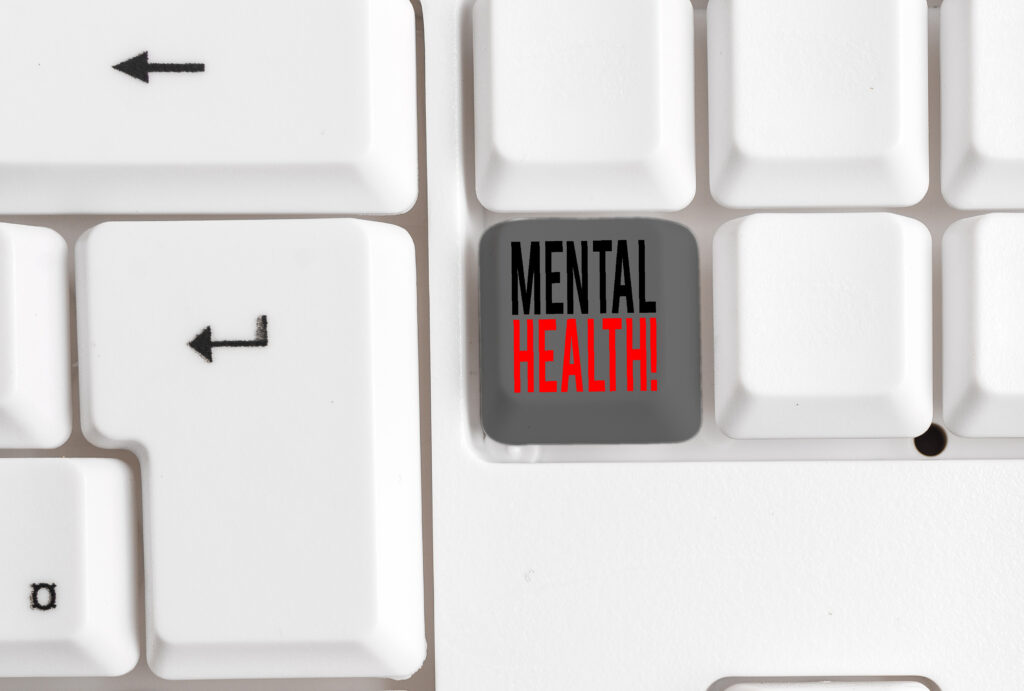Sunday Times Healthy Times PR
The Elephant in the Boardroom is That Mental Health Doesn’t Discriminate: Why The C-Suite Is Burning Out
But while much of the focus has rightly been on supporting employees in the workplace in recent times, C-Suite executives have been largely overlooked. From interns to executives, it’s time we acknowledge that mental health challenges don’t stop at the boardroom door.
Carrying the weight of an organisation on their shoulders:
According to the Employee Assistance Professionals Association of South Africa (EAPA-SA), over half of South African employees have been diagnosed with a mental health condition: 32% with depression, 25% with clinical stress and 18% with anxiety. A SADAG study also revealed that 60% of employees wish they could quit their jobs, while, alarmingly, half dread the start of each work week.
At the same time, senior leaders are quietly struggling through their days too. Executive isolation is real, and a term used to describe the chronic loneliness many CEOs and top-tier leaders face, often due to the pressure to appear strong, composed and always in control. This stigma around vulnerability keeps many leaders from reaching out for help, despite the fact that, unlike perhaps more junior staff in the workplace, they are more likely to be able to access premium care.
“Mental health challenges don’t discriminate by job title,” says Jaco Oosthuizen, MD and co-founder of YuLife South Africa. “Leaders are under pressure to make tough decisions in unpredictable environments and often carry the emotional load of entire organisations, while having no space to talk about their own mental health. This is simply not sustainable from a health and wellbeing perspective, yet not enough people seem to be addressing this problem.”
Mental health at work: A top-to-bottom challenge.
Organisations are increasingly prioritising employee wellness offerings in response to the profound impact of Covid-19 and lockdowns on work dynamics. Burnout, absenteeism and high turnover were direct results of this reality during this time, and organisations acknowledged the direct impact of this on performance. As a result, there is greater understanding among companies today of the power of wellbeing programmes in driving retention, reducing healthcare costs and improving productivity. In fact, Deloitte reports a 4:1 return on investment for organisations that prioritise mental health.
However, while more employees are now receiving the attention they deserve, executives often neglect this area due to the position and stigma. The idea often, incorrectly, being that their pay packages should offtest whatever challenges they are facing. On their side of the coin, C-Suite employees may often be reluctant to show “weakness”. . The traditional narrative suggests that seniority comes with pressure, and pressure comes with the pay grade, a Nmindset that is outdated and harmful.
“The reality is that leaders are navigating crises on all fronts, from economic instability and digital disruption to societal unrest, and all the while they’re expected to maintain a stoic front for their teams, their boards and their families,” says Oosthuizen. “This executive resilience myth quite simply neglects the reality that everyone has a breaking point.”
The fish heals from the top: Creating an organisation wide culture of care
Leadership wellbeing starts at the top and sets the tone for a wider culture of care
A culture of care begins with leaders who prioritise their own wellbeing.
Supporting mental health needs to happen at every rung of the organisational ladder. For leaders, this could mean confidential coaching focused on emotional intelligence, structured peer networks, or simply space to step back and reflect without fear of judgment. For employees, it’s about ensuring access to anonymous support tools, regular mental health check-ins, and creating a culture where vulnerability is met with compassion, not performance reviews.
Mental health is a business-critical issue. Without it a wide variety of performance metrics suffer. What’s more it’s not just about caring for employees at the coalface, but also for the leaders trying to steer the ship, so that compassion flows both ways, up and down the ladder, to ensure the health of the company and all who help shape it.
Website: www.tribecapr.co.za
Follow us on LinkedIn; Instagram; Facebook and X





